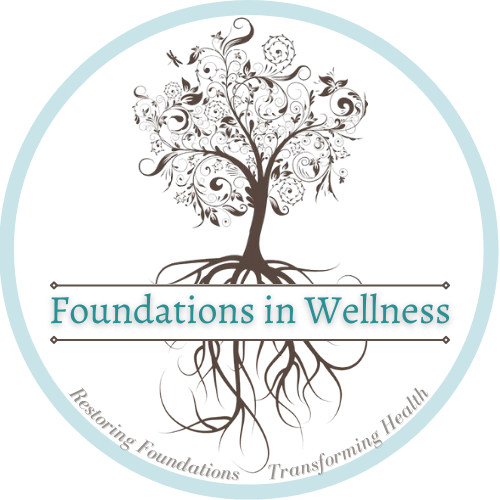
When aiming to boost the efficiency of biotransformation—commonly understood as detoxification—nutrition should be a focal point in the treatment strategy. The elimination diet stands out as an invaluable component of a patient’s healthcare plan, specifically tailored to enhance detoxification processes.
The elimination diet is a strategic approach that minimizes intake of common allergens and inflammatory foods while promoting anti-inflammatory and nutrient-dense foods. This diet helps patients pinpoint specific food triggers that cause inflammation, reducing the overall intake of toxins typically found in processed foods such as artificial coloring and pesticides. Such dietary adjustments are crucial as they help restore optimal gastrointestinal function, boost mitochondrial energy production, and modulate inflammation, all of which are essential for effective biotransformation.
Key Components of the Elimination Diet
The elimination diet requires patients to avoid certain foods suspected of causing allergic reactions or intolerances. Common culprits include gluten, dairy, soy, eggs, and nuts, which are removed from the diet for a period typically ranging from two to six weeks. This phase is followed by a careful reintroduction of these foods, one at a time, to observe potential adverse effects or symptom triggers.
Many individuals may not realize how specific foods contribute to symptoms like fatigue, brain fog, hormonal fluctuations, or unexplained weight gain. The reintroduction phase is particularly enlightening, offering insights into how certain foods impact overall well-being and may need to be avoided long-term.
Nutritional Foundations of the Elimination Diet
Importantly, the elimination diet does not involve calorie restriction but emphasizes the consumption of whole, nutrient-rich foods. This includes:
- Fruits: Known for their high levels of antioxidants and phytonutrients, fruits help mitigate oxidative stress encountered during the biotransformation processes of Phases I and II. Their high water and fiber content also supports digestion and aids in the elimination of toxins.
- Vegetables: Like fruits, vegetables are rich in phytonutrients and fiber. Cruciferous vegetables, in particular, such as broccoli and kale, contain sulfur compounds that enhance liver detoxification pathways essential for Phase II processes.
- Proteins: Essential for tissue repair and enzyme production, proteins provide the amino acids necessary for the enzymes involved in Phases I and II of biotransformation. Clean protein sources like wild-caught fish and grass-fed beef are recommended to support liver function.
- Healthy fats: These are crucial for their anti-inflammatory properties and help reduce oxidative stress. Sources like olive oil and flaxseed oil are encouraged to support overall health and aid in detoxification.
Supplementary Botanicals and Nutrients

While the elimination diet lays the foundation for enhanced biotransformation, additional support through botanicals and nutraceuticals can be highly beneficial:
- Dandelion root and artichoke are celebrated for supporting liver health and enhancing bile production, vital for detoxification.
- Milk thistle is renowned for its liver-protective qualities and its role in preventing glutathione depletion, crucial during detoxification.
- Garlic boosts liver function by enhancing the activity of enzymes like glutathione S-transferase, crucial for effective biotransformation.
Supporting High Energy Demands in Biotransformation
Biotransformation is an energy-intensive process, and supporting the body’s energy production capabilities is crucial. The elimination diet aids this by allowing the body to redirect energy towards more critical functions and enhancing mitochondrial health.
Mitochondria, abundant in the liver, are vital for ATP production. Supplements such as acetyl L-carnitine, alpha lipoic acid, N-acetyl cysteine, and B vitamins not only support mitochondrial health but also play significant roles in energy metabolism and the enhancement of the body’s natural detoxification capacities.
Conclusion: Empowering Patients Through Dietary Intervention
The elimination diet is a powerful tool in enhancing biotransformation efficiency. By reducing toxin intake and focusing on clean, nutrient-rich foods, this diet helps patients gain a deeper understanding of how different foods affect their health. Such knowledge empowers patients on their journey to better health, providing them with the insights and tools needed to make informed dietary choices that support detoxification and overall well-being.


